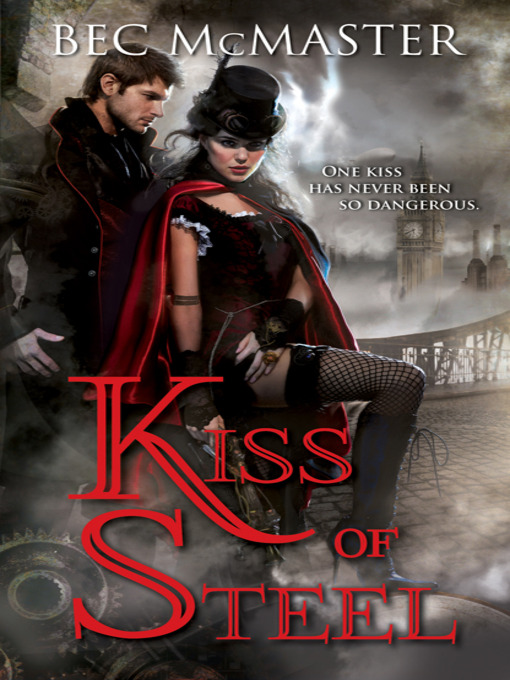 |
| Mariner |
Virginia Woolf
1929
The Summary
"In A Room of One's Own, Virginia Woolf imagines that Shakespeare had a sister. A sister equal to Shakespeare in talent, and equal in genius, but whose legacy is radically different. This imaginary woman never writes a word and dies by her own hand, her genius unexpressed. If only she had found the means to create, argues Woolf, she would have reached the same heights as her immortal sibling. In this classic essay, Virginia Woolf takes on the establishment, using her gift of language to dissect the world around her and give voice to those who are without. Her message is a simple one: women must have some money and a room of their own in order to have the freedom to create."
The Good
After completely reading A Room of One's Own, I can see why it is essential reading for many literature courses. Woolf's work is insightful, thoughtful and, more importantly, it makes a very good point about the history of women in the arts. It's a call to action, a call for equality when women were not expected to be seen or heard or expected to do anything other than marry, bear children, and keep house.
It's inflammatory, grounded in examples from history and insight into the female mind. It's beautiful, but sharp, filled with words that are meant to make a difference--that are meant to bring blood, to make a point. And yet it is ultimately uplifting.
I think that perhaps my favorite lines come from the very end of Woolf's essay, when she tells her readers that women can become writers and poets and artists and creators. It's possible, it's a promise:
"[Then] the opportunity will come and the dead poet who was Shakespeare's sister will put on the body which she has so often laid down. Drawing her life from the lives of the unknown who were her forerunners, as her brother did before her, she will be born. As for her coming without that preparation, without that effort on our part, without that determination that when she is born again she shall find it possible to live and write her poetry, that we cannot expect, for that would be impossible. But I maintain that she would come if we worked for her, and that so to work, even in poverty and obscurity, is worth while."
I love that line.
The Bad
Personally, I struggled with A Room of One's Own. This isn't an essay to be read in a day; rather, it's to be savored and consumed in small pieces, reread and examined with highlighter or pen in hand. It's a wonderful book for discussion and, I found, better understood when examined with more than one mind.
The Ugly
Although Woolf fabricates the incident with Shakespeare's sister (he did have sisters, but as far as I have heard, none of them were artistically inclined), her example isn't very far off the mark. Women who have wanted to create, who wanted to be authors or poets or playwrights or artists, have suffered or were condemned for their genius.
As Virginia Woolf points out, "The indifference of the world which Keats and Flaubert and other me of genius have found so hard to bear was in her case not indifference but hostility. The world did not say to her as it said to them, Write if you choose; it makes no difference to me. The world said with a guffaw, Write? What's the good of your writing?"






![Beauty and the Mustache: A Philosophical Romance (Knitting in the City Book 4) by [Reid, Penny]](https://images-na.ssl-images-amazon.com/images/I/6103PLqzjmL.jpg)



